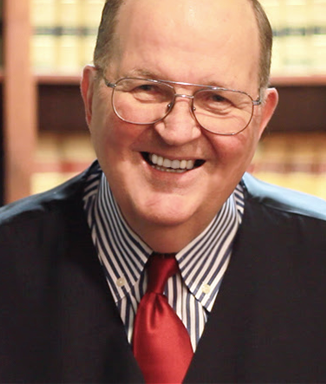Wrongful Death in Virginia
Most people know that, if someone is killed in an accident, his estate will be able to bring a case for wrongful death. The case survives the death of the victim, so that his heirs can sue for their damages – loss of solace, loss of income, grief, medical bills, etc. In a wrongful death action, the heirs get paid for their losses, but the victim is not paid for his pain, suffering, and inconvenience in getting killed. The victim’s claim for his pain and suffering dies with him. The heirs are paid for their losses. The victim is not paid for his.
If someone is injured in an accident, and later dies from unrelated causes, there is no wrongful death case, but a negligence survival action. In this case, the heirs are not paid for their losses, but for the victim’s losses. The plaintiff’s claim for negligence – for his pain, suffering, and inconvenience – survives his death, and the heirs can be paid for those damages. However, problems of proof arise with such cases, one of which is that now the victim cannot testify about his damages. For this reason, lawyers with a seriously ill, or aged, client, may try to secure his testimony via videotape, although, if the testimony is not subject to cross examination, the courts may not allow it. Still, the evidence can often be used as a “day in the life video,” and can often persuade an insurance company to do the right thing, or a jury.
Another problem with such cases, is that the damages tend to be cut off by the date of death. For example, if one has a knee problem which will limit his ability to work for the rest of his life, and cause him pain, but that person dies six months later, his estate is prevented from saying the damages would have lasted a long time, when the plaintiff died shortly after the accident. This is very upsetting for the victim’s family, especially in very serious accidents. The family often believes that the accident contributed to the premature death. Without medical evidence stating that the accident contributed to the death, however, the death of the claimant can actually hurt the case, as the damages are restricted to the time of the plaintiff’s shortened death.
However, in the hands of a skilled advocate, such cases can gain an emotional, as well as an objective, appeal. The fact of death will come into evidence, and no one would want to be in the shoes of someone whose last days on earth were marred by pain from an accident. This is an emotional argument that all attorneys should make, and the insurance company (and their lawyers) are aware of it, and tend to want to avoid trial in such situations. A skilled presentation by plaintiff’s counsel, in an effort to settle, will show the insurance company that the case is a time bomb, and might blow up on them. The more the insurance company hammers away at the victim for being dead, the more it risks the jury hammering it. For this reason, in the hands of a skillful attorney, negligence survival actions should fully compensate the heirs for the victim’s losses.
